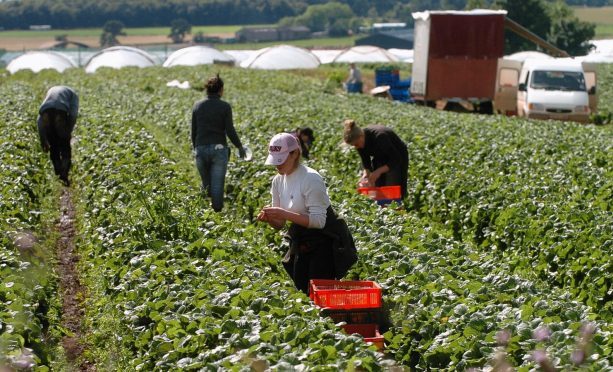Proposals to abolish the Scottish Agricultural Wages Board (SAWB) have been dropped in a bid to “protect the rights of low paid farm workers”.
Farm minister Richard Lochhead confirmed the board would remain in place and continue to set minimum pay rates, holiday entitlement and certain other conditions of service for Scots agricultural workers.
Mr Lochhead said government analysis had found evidence that scrapping the board could drive down wages, particularly for young apprentices and migrant workers.
“Workers must be paid a fair wage for the job that they do. As well as being the right thing to do it is important in attracting people into the industry – which is vital for the future of Scottish agriculture,” he added.
“The evidence in favour of retaining the Scottish Agriculture Wages Board is compelling. It continues to perform an important role in protecting the rights of farm workers – many of whom are paid low wages – which in turn underpins the rural economy.”
He said the future of the board would be reviewed again in five years’ time.
The news was met with mixed reaction by industry.
NFU Scotland warned it could result in fruit and vegetable production moving out of Scotland,
The union’s chief executive, Scott Walker, said: “With a National Minimum Wage, a new National Living Wage and rules governing working time why the Scottish Government has decided to retain the Board when we have all these other rules in place simply cannot be understood by growers.
“Retailers and consumers simply won’t pay for these additional costs and instead of creating jobs the risk is that there will be fewer farms and fewer farm workers in Scotland in the years to come.”
This was in stark contrast to trade union Unite, which welcomed the news and called for the board to be strengthened.
Unite’s Scottish secretary, Pat Rafferty, said: “We need to strengthen standards within the board and in particular the pursuit of a living wage rate of pay for workers, so we can begin building sustainable growth in local economies across rural Scotland.”
